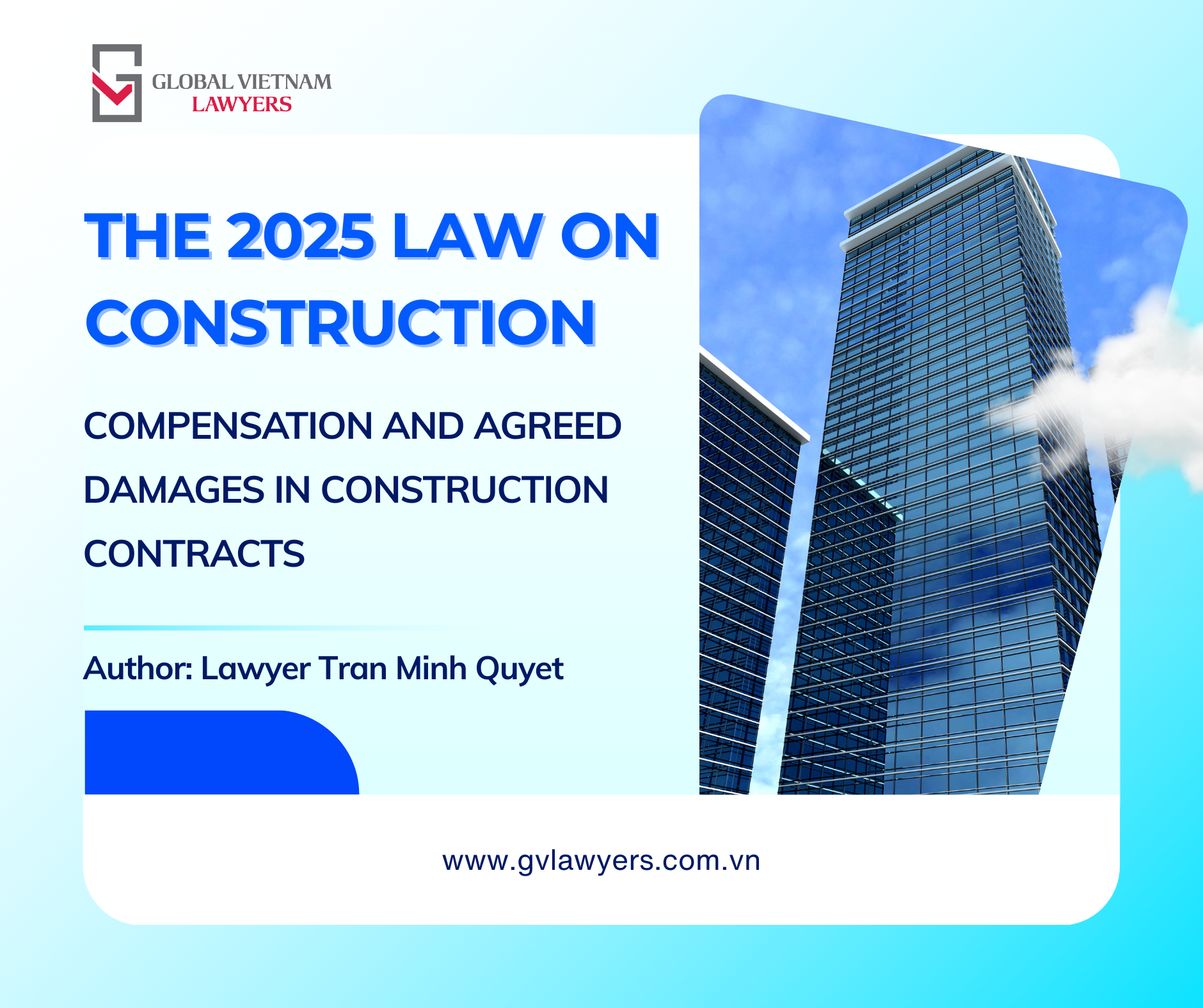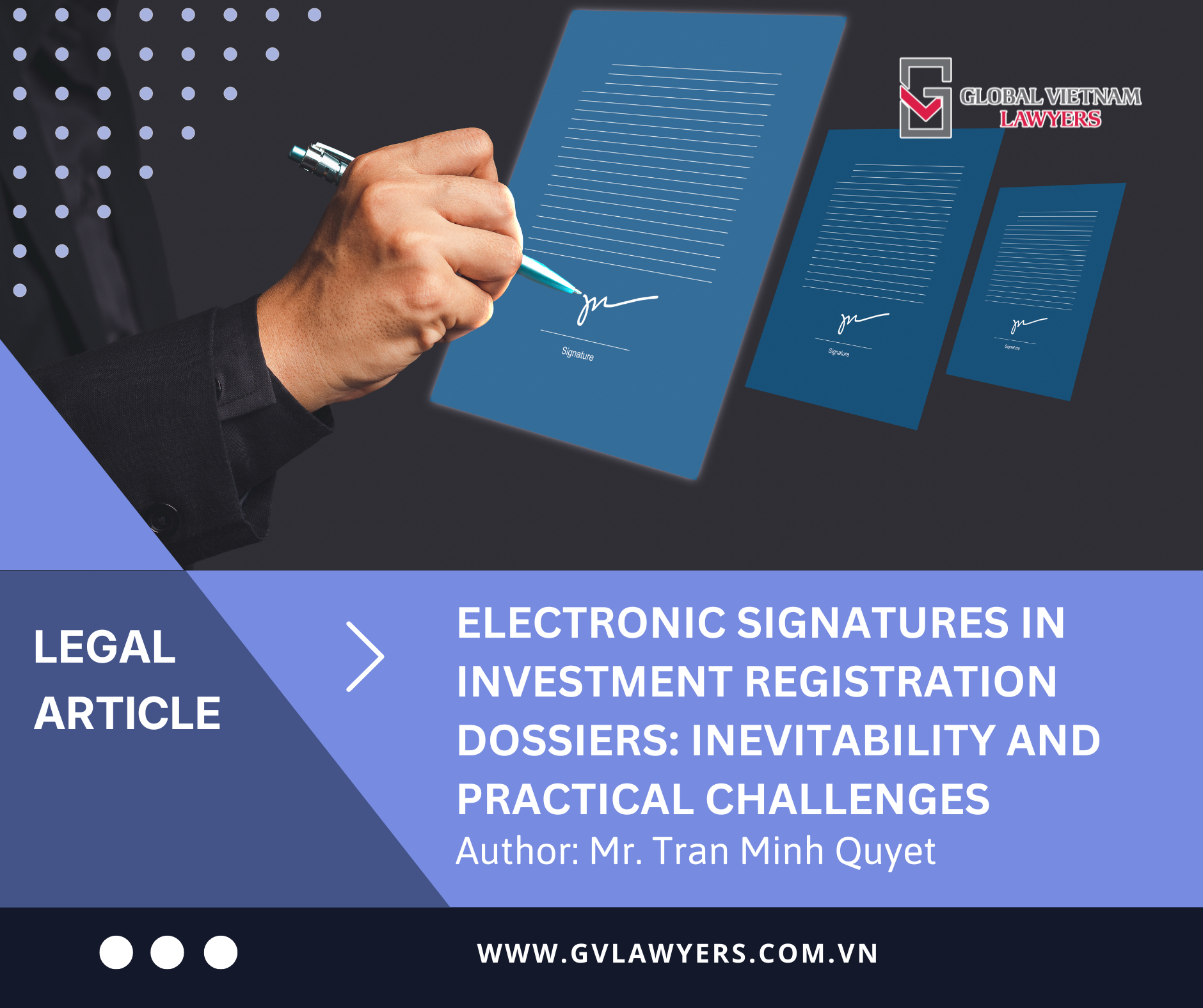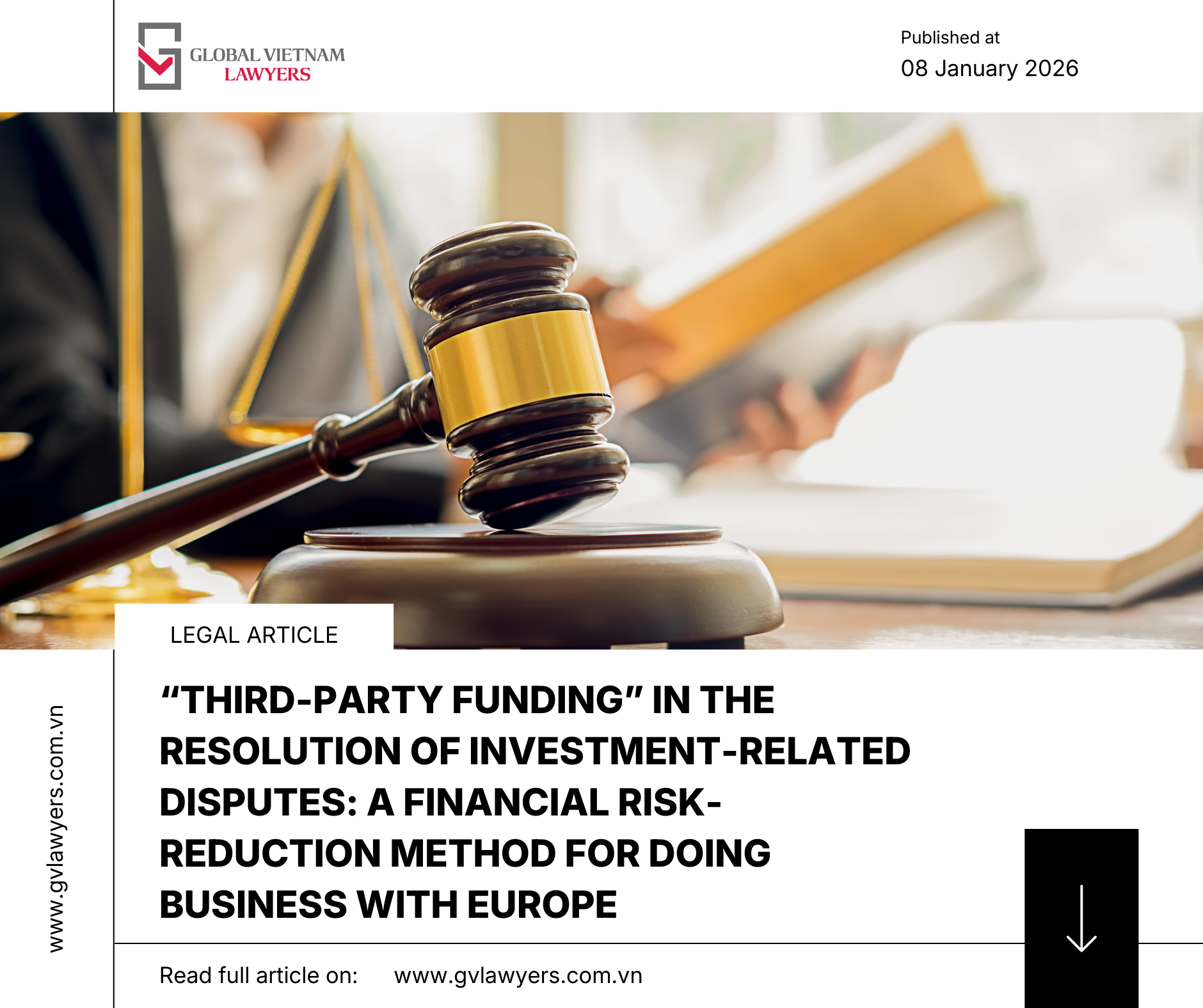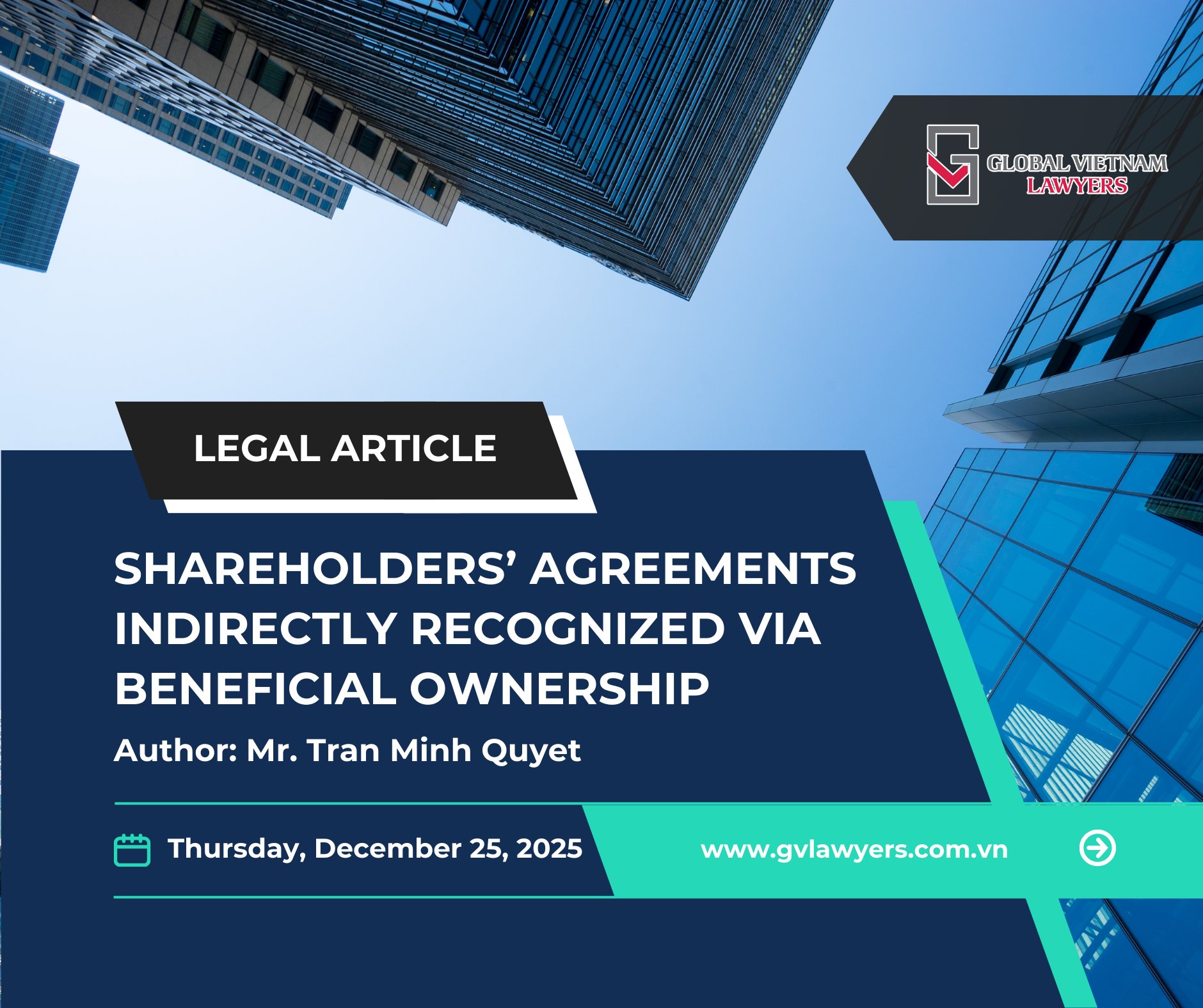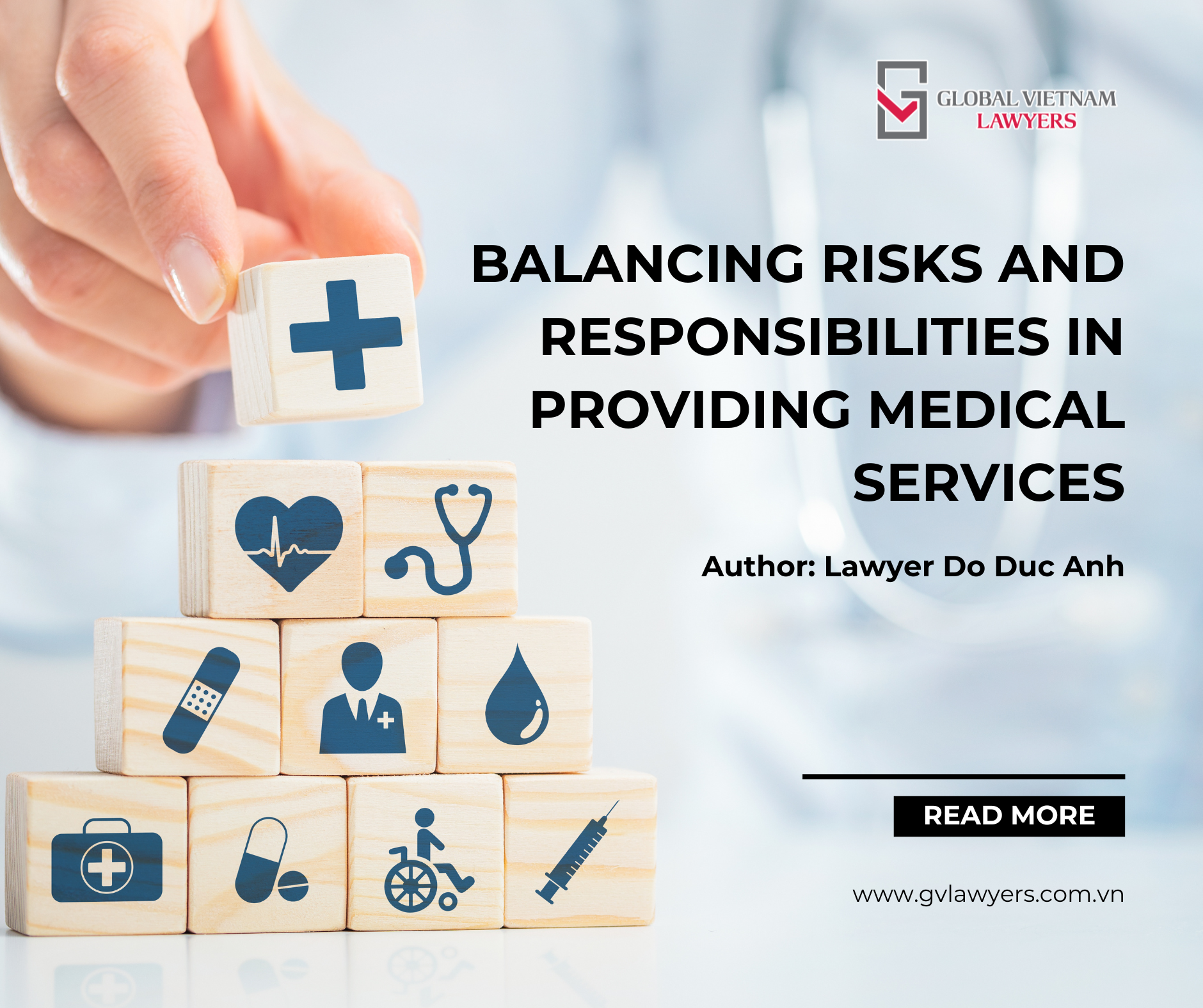GV Lawyers would like to introduce our valued readers an article by Lawyer Do Duc Anh titled “Who are you claiming debts on upon corporate windup?” posted Saigon Economic Times (No 1.742) on 2nd May 2024.
***
At the moment, a wide range of different views emerges as to who will pay debts if a business winds up, leading to controversies and even bringing parties to court. However, some legal grounds are provided to hold business managers accountable for debts upon corporate windup.
According to dangkylanhdoanh.gov.vn, in 2023 there were 172,578 businesses withdrawing from the market, an increase of 20.5% as opposed to 2022; of which, the number of enterprises awaiting dissolution procedures is 65,480 enterprises, and the number of dissolved enterprises is 18,038 enterprises. Pressure to pay debts is among the reasons why businesses withdraw from the market. The question is, if a business winds up without paying all its debts, who will continue to pay those debts?
Who will continue to pay the debts?
An opinion that dissolving a business is not something that can be easily done once desired. The Enterprise Law 2020 clearly stipulates: “Enterprises may be dissolved only when they ensure payment of all debts and other property obligations and are not in the process of resolving disputes in court or through arbitration.[1]” The law also stipulates a deadline after which the business registration agency will shift the legal status of the enterprise in the National Business Registration Database to dissolved status[2].
Furthermore, the windup of an enterprise sometimes does not stem from the subjective decision of that enterprise, for example, in case of ending the operating period stated in the charter, or in case of revoking the enterprise registration certificate. In fact, there exist multiple cases where creditors are surprised to learn that their partner is dissolved even though all debts have not been paid!
According to current regulations, only the members of a partnership and the owner of a private enterprise have the obligation to be jointly/severally responsible for paying the debts of the enterprise with all of their assets[3]. Meanwhile, the members of a LLC with two or more members, owners of a one-member LLC, shareholders of a joint stock company and capital contributors of a partnership are only responsible for their debts respectively to the amount of charter capital contributed/committed to contribute[4], depending on each type of company.
Thus, except for some special cases, after fully contributing charter capital, the shareholders/company members do not have to use personal assets to pay the company’s debts.
Debt payment obligations of business managers
The persons who run business operations are collectively called business managers by the 2020 Enterprise Law and are defined: “Are managers of private enterprises and company managers, including private business owners, partnership members, chairman of the members’ council, members of the members’ council, company president, chairman of the board of directors, member of the board of directors, director or general director and individuals holding other management titles as prescribed in the company’s charter[5]“.
Article 207 of the 2020 Enterprise Law regulates the cases and conditions for enterprise dissolution, and also stipulates that: “Relevant managers and enterprises specified in Article 207.1.d are jointly responsible for the debts of the enterprise. And “the obligee may require any of the obligors to perform the entire obligation.[6]”.
According to these regulations, if the enterprise is dissolved before completing its debt payment obligations, the creditor has the right to request any of the business managers to fulfill all debt repayment obligations.
Even though there are such regulations, actual problems remain arising.
There exist multiple cases where shareholders/company members also play the role of business managers or the persons who both contribute capital to establish a business and participate in business management. Specifically, will they be either jointly responsible as business managers or responsible to the extent of the amount of charter capital contributed as a shareholder/member of the company? This is an issue that has yet to be clearly regulated in legal normative documents.
In fact, there have been cases where a number of shareholders who simultaneously held the positions of board members and directors of the company were declared jointly liable with the company by the court to fulfill debt payment obligations at the rate of capital contribution of each person[7]! In this case, the court considered the capital contribution ratio to determine the responsibility of the relevant managers.
[1] Article 207 the 2020 Enterprise Law
[2] Articles 208 and 209 of the 2020 Enterprise Law, Articles 70 and 71 of the Government’s Decree 01/2021 on enterprise registration
[3] Articles 181 and 188 of the 2020 Enterprise Law
[4] Articles 46, 74, 111, and 187 of the 2020 Enterprise Law
[5] Article 4 of the 2020 Enterprise Law
[6] Article 288 of the 2015 Civil Code
[7] Judgment No.21/2021/KDTM-PT dated September 27, 2021 of the People’s Court of Hai Phong City on credit contract disputes
Source: Saigon Economic Times




